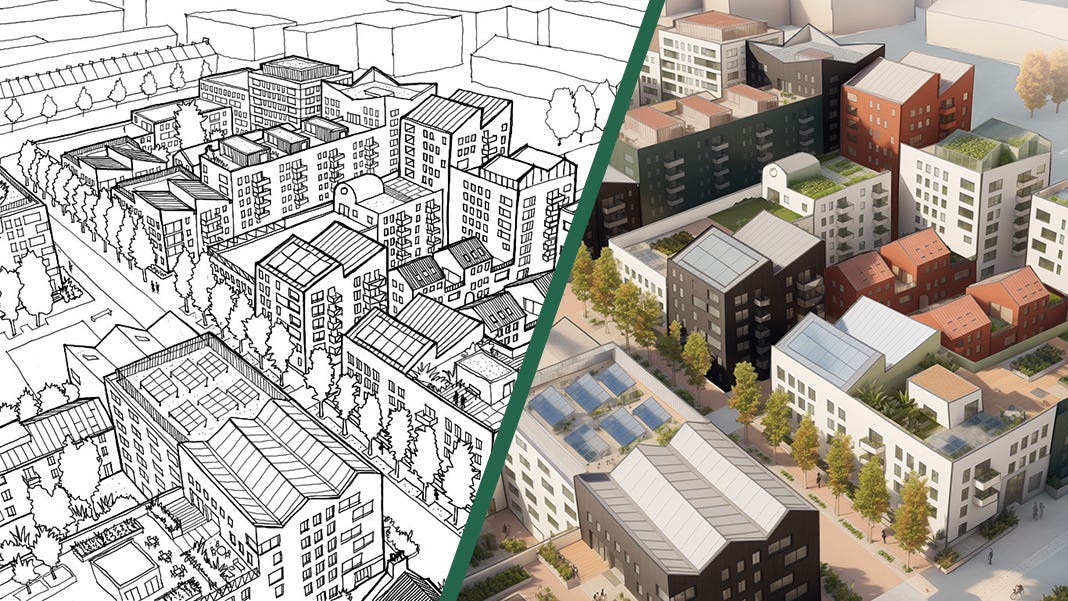Building Success: A Comprehensive Guide from Pre-Construction to Post-Project Actions for Municipal and Investor Stakeholders

In the dynamic landscape of municipal projects, success hinges on a well-executed and seamlessly coordinated journey from pre-construction planning to post-project actions. Municipalities and investors play pivotal roles in shaping the trajectory of these endeavors, and understanding the key stages involved is crucial for optimizing outcomes. This blog post aims to provide a comprehensive guide, offering insights and strategies to foster success at every phase of the construction process.
1. Pre-Construction Phase: Laying the Foundation for Success
The pre-construction phase sets the tone for the entire project. Municipalities and investors can collaborate effectively by:
a. Thorough Market Analysis: Conduct a comprehensive market analysis to understand the demand for residential properties in the area. This analysis should consider demographics, economic trends, and potential competitors to inform the project's feasibility.
b. Engaging with Municipal Authorities: Collaborate closely with municipal decision makers to ensure alignment with local zoning and development regulations. Early engagement facilitates a smoother approval process and minimizes potential hurdles.
c. Financial Due Diligence: Perform rigorous financial due diligence to assess the project's financial viability. This includes a detailed cost estimation, projected returns, and risk assessments. Transparent communication of these findings is crucial for gaining investor confidence.
2. Construction Phase: Efficient Execution for Optimal Results
With pre-construction planning in place, the focus shifts to efficient execution during construction. Key considerations include:
a. Project Management: Employ robust project management strategies to monitor progress, manage resources effectively, and mitigate potential issues promptly.
b. Quality Control: Prioritize quality control measures to ensure that the construction aligns with approved plans and meets regulatory standards. This helps avoid rework and associated costs.
c. Budget Adherence: Regularly monitor and manage the budget to prevent cost overruns. Establish contingency plans for unexpected expenses, and communicate any deviations to investors transparently.

3. Post-Construction Phase: Ensuring Long-Term Success
Success doesn't end with construction completion; it extends into the post-construction phase. Municipalities and investors can secure long-term success through:
a. Asset Management: Implement effective asset management strategies to maximize the lifespan and functionality of the infrastructure. Regular maintenance and upgrades contribute to sustained success.
b. Performance Evaluation: Conduct post-project evaluations to assess the project's success against predetermined metrics. Use this feedback loop to inform future projects and continuously improve processes.
c. Community Engagement and Feedback: Maintain an ongoing dialogue with the community to address any concerns that may arise post-construction. Positive community relations contribute to the overall success and reputation of the project.
In conclusion, building success in municipal projects requires a holistic approach, spanning from pre-construction planning to post-project actions. By fostering collaboration, adhering to best practices, and prioritizing long-term sustainability, municipalities and investors can ensure that their endeavors contribute positively to communities and yield favorable returns. Embracing this comprehensive guide will empower stakeholders to navigate the complexities of construction projects successfully.